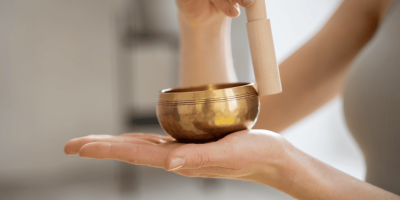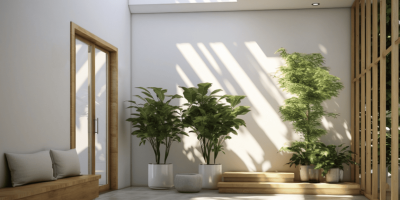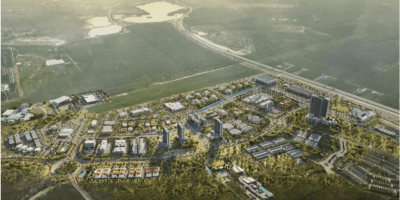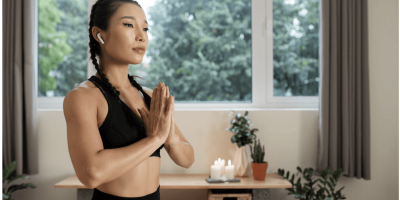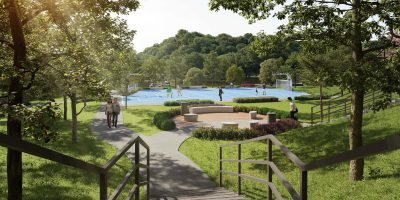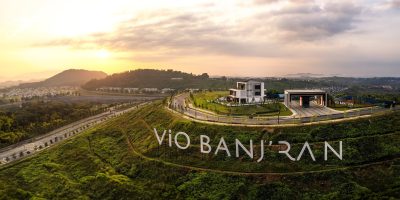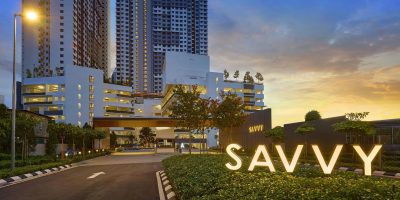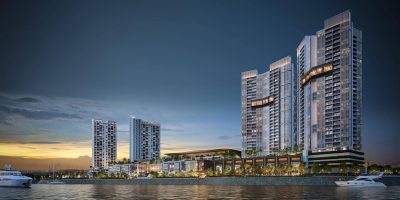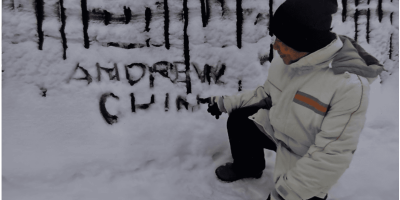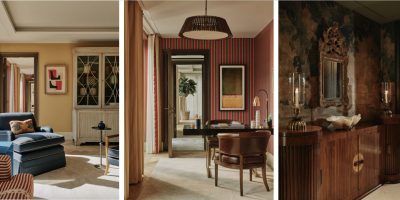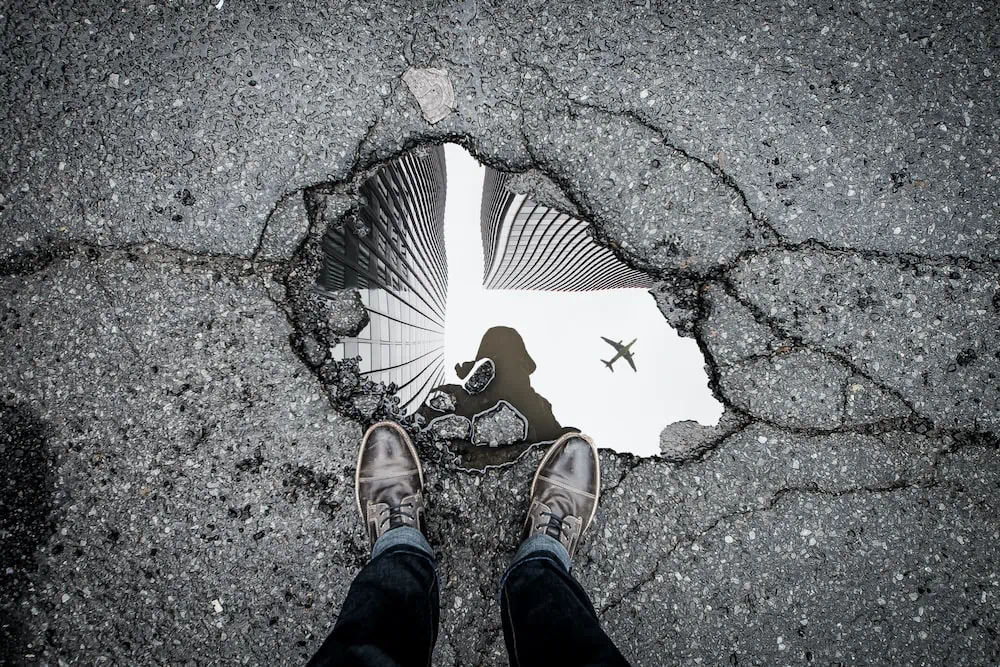
- A story of how a person raised in an international environment finds the truth about their real identity and culture, and how both types of cultures and upbringings intertwine in their life.
Sometimes I think of myself as a nomad; the term “home” has never settled with me. People look at my passport and say, “Oh you’re Bangladeshi. What are you on about?” But I keep asking myself: Am I? For years this question plagued me, and I have been searching for the answer for a while now.
A home is a place where you do whatever you want to do without thinking twice and keep your belongings however you want to. It’s a place that you see every day but you don’t get tired of it. When you are away too long, you will miss it.
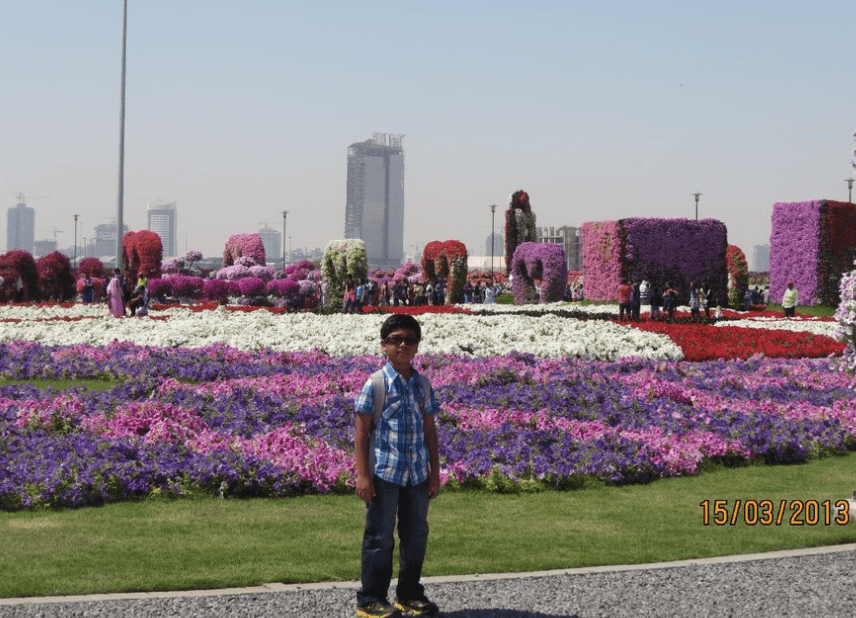
The Beginning
You see, I spent around eleven years hopping from place to place in the Middle East. My dad worked in sales and marketing in MNCs and so was transferred to a few destinations here and there. I was born and brought up for seven years in Riyadh, then spent two years in Dubai, and two more in Doha. Life in these three places was more or less the same in terms of culture, language, and lifestyle.
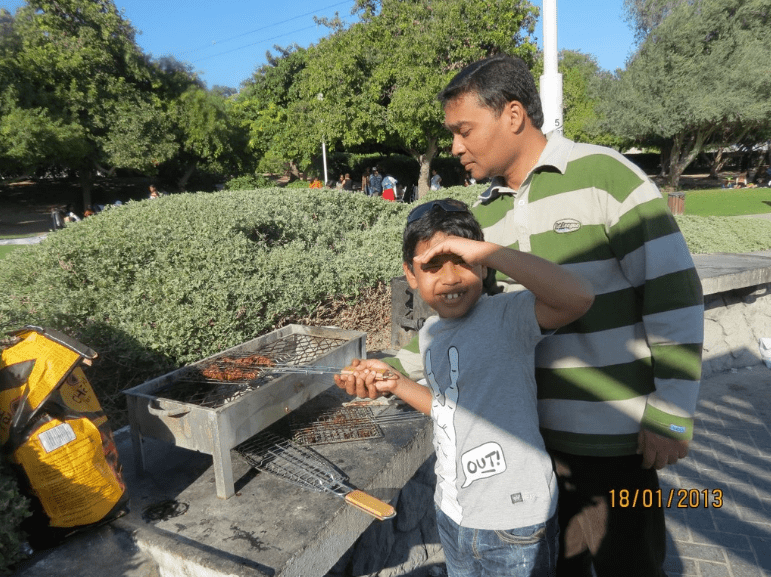
Frankly, I don’t remember too much, but I sure recall how deeply I was immersed in the culture and ways of the Middle East. I say it like that because I clearly remember winning third place from my school in a story-writing contest in Arabic, wearing the traditional thobes, and singing Arabic songs.
When life seemed to be going as usual, it took one encounter to throw it off balance. I remember we were at a Centrepoint store, and my dad was picking a few shirts for me to try on. The salesperson smiled at me and asked, “where are you from?” I looked up at him and swiftly answered, “Riyadh.” My father gave me a confused look and started laughing. I didn’t understand what was going on.
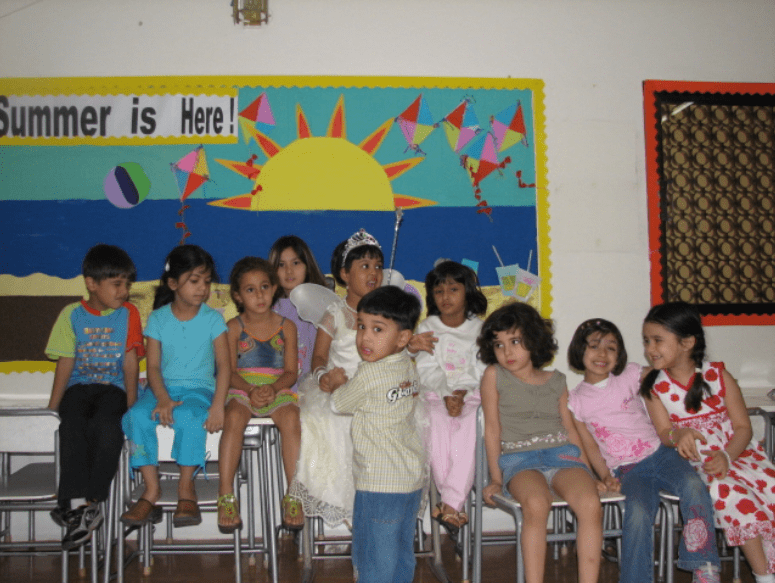
Later that night, my father sat me down and explained to me, “Son, you were born in Saudi Arabia, but you are from Bangladesh. See?” He held up my passport and showed me a country name I had never heard of before.
Fast-forward a few years, I learn that we are moving to my so-called home country, Bangladesh.
Embracing a New Way of Living
When we moved to Bangladesh, little did I know how different things would be. At first glance, I convinced myself that this country is an immediate downgrade from Qatar due to the lack of modernity, luxury, and environment.
In my school, everyone spoke Bengali amongst themselves during recess and even during classes. Although my nationality is Bengali, I had never learned my mother tongue as I was always surrounded by a global melting pot of internationals, where English was the primary language of communication.
Every month, there is some type of festival to celebrate with family, something that I wasn’t able to do in the Middle East, due to the international community. I learned about new traditions, and foods and started to find a liking for traditional wear.
Fortunately, being a very adaptable person, I slowly but surely embraced the new community around me.
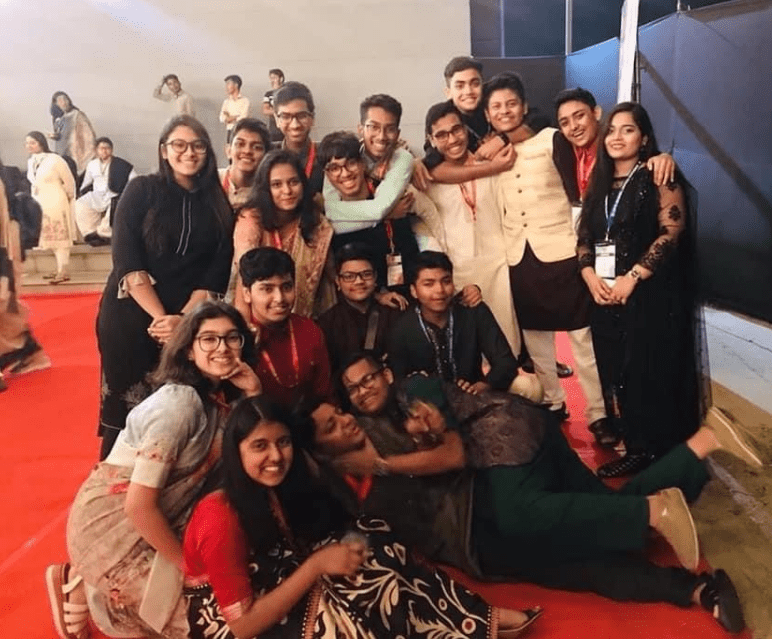
The Struggles I Never Shared
Like Lego blocks, a build is finished once every block has been put together. As for my case, the lego blocks were being put together, and before completion, the project was abandoned only to find to start a new building project. Ultimately, all of the projects remained unfinished. Being someone who has relocated multiple times, I feel that this analogy relates to me.
I built great friendships in every school I attended, but as time flew, our distance grew; eventually, our connection faded away. At one point, I was hesitant to make such a deep friendship with anyone, due to the possibility of just moving away from them again. Every time we shifted places, I was devastated to lose great people just like that.
My time in Bangladesh was even tougher. While the whole community spoke a language I didn’t have a clue about, I was just there, zoning out and wishing that I ‘fit in’. I watched Hollywood films while Bollywood was the trend and listened to English songs while everyone vibed to Bengali ones. I did not and still, to this date, fully understand their banter. There was a difference in cuisines too. My favorite is and will always be Arabian food, a cuisine extremely unpopular in Dhaka.
However, at these times, I faced my problems alone. I never discussed my issues with anyone, not even my parents. I knew they were going through their own share of issues, so plaguing them with mine didn’t seem feasible.
A particular trait I tend to have is that I am able to hide any emotion or struggles I go through. Whether this is a boon or a curse, it doesn’t change the fact that all this moving about took a sharp toll on me.
Where Do I Stand Now?
To the third person, I am the guy who is Bangladeshi but flexes about his Middle Eastern culture. Well, I like to think differently. I see myself as a strong-minded individual who can adapt to any place effortlessly. Changing places so often taught me to be independent. Now, whenever I need to get anything done, I don’t even ask for help from anyone. I am actually starting to enjoy meeting different people, learning about new cultures, and speaking new languages. I tend to socialize and bond better with internationals rather than Bangladeshis.
So frankly, do I need to answer what my identity is? I like my traditional wear, I prefer Arabian food, and my first language is English, not Bengali. I was raised with many cultures together and was taught to value all of them. These lifestyles creeping into my daily life is natural so I have started to embrace them. All that matters is that you love yourself and not be swayed by other people’s judgments. I am who I am.
“The greatest discovery in life is self-discovery. Until you find yourself, you will always be someone else. Become yourself.” — Myles Munroe
